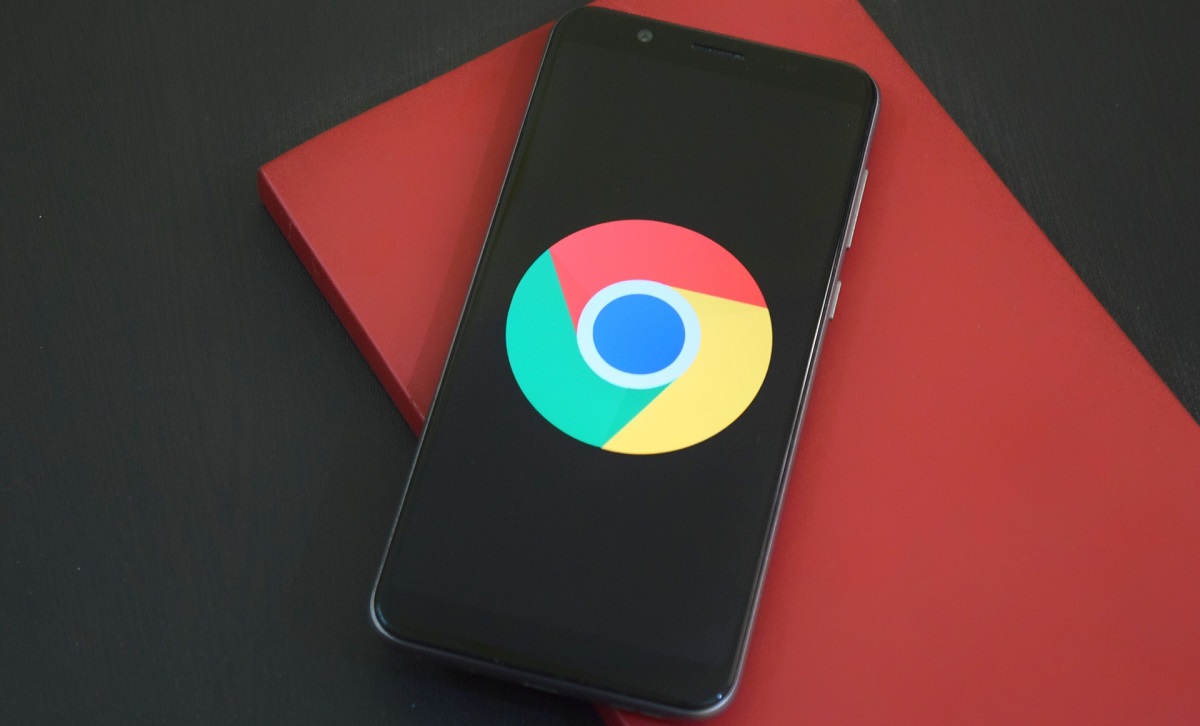
Google has begun trialing its FLoC technology for advertising. The search giant will randomly activate the platform for 0.5 percent of Chrome browser users in select countries, including the United States.
Google is retiring the decades-old Cookies in favor of its in-house developed FloC (Federated Learning of Cohorts). Although the platform promises anonymity, the Electronic Frontier Federation (EEF) has argued that Google hasn’t offered an option to opt-out of the rollout.
Google Privacy Sandbox doesn’t have an opt-out button:
Google Chrome is by far the most used web browser in the world. Be it Android smartphones or Windows 10 PCs, the Chrome browser has the dominant market share.
Chrome browser commands about two-thirds of the browser market share. As such, any change to the browser affects millions of internet users.
Google is currently replacing the ability to profile users via 3rd party Cookies with its own Privacy Sandbox. The search giant’s technology that replaces Cookies, is called FLoC.
Google’s FLoC, Supreme court: Tuesday’s daily brief https://t.co/QSuj5v9qdt
— Fletcher PR (@fletcherpr) April 7, 2021
Google promises FLoC preserves privacy and still offers advertisers relevant information for targeted advertising. However, 15 attorneys general have reportedly accused the company of trying to put its “Chrome browser at the center of tracking and targeting.”
Now, Google has indicated that it is bringing in 0.5 percent of Chrome users in some regions, including the USA, into the trial. The company has indicated that it will choose users randomly.
Google's FLoC Is Now Open to Third-Party Testing https://t.co/xzLGDXnN51 pic.twitter.com/NQQS9wj7zr
— Jeff Chasin (@JeffChasin) April 5, 2021
What concerns the EEF is that Google seems to be disregarding most ad and privacy settings. Moreover, the search giant will soon expand FLoC deployment to 5 percent of Chrome users.
The 5 percent alone, constitutes about 100 million Chrome browser users. Once the bugs or issues are ironed out, Google could roll out FloC based Privacy Sandbox to all Chrome users.
Google Privacy Sandbox with FloC means double spying, alleges EEF:
The primary concern with Google’s FLoC deployment is the apparent lack of consent and the ability to opt out. Simply put, Chrome browser users have no way of knowing if Google has chosen them for its trial.
Secondly, Chrome users may not have an option to give their consent. Thirdly, users who were opted in without their consent in the trial would be doubly spied on. This is because, during FLoC’s deployment, Cookies aren’t fully out of the picture.
Google’s FLoC poses a threat to identity solutions and advertisers https://t.co/wcfSrdXUj2 pic.twitter.com/5AqXuPVmch
— Marketing tools (@MarketAutoTools) April 7, 2021
Currently, some Google Chrome users can shield themselves from FLoC and Cookies by turning off third-party cookies in the browser. However, this could have unexpected results, including unresponsive websites.
Use @googlechrome? You may be an unwitting test subject. Google is testing their new tracking (#FLoC) and some users are included. Turn off 3rd-party cookies to opt-out. Read this article to learn more on that and other #privacy topics: https://t.co/tMsStRZJK3 pic.twitter.com/YkTyTOYRmy
— Joe Winn, aka Credit Union Geek (@JoeCUGeek) April 6, 2021
Google offered FLoC as a promising platform that anonymizes users and funnels them into “Cohorts” or groups with similar interests. These groups would get Cohort IDs, and Google would share these with advertisers.
However, advertisers claim Google would still have all the relevant and per-user browsing habits. This would give the search giant undue advantage.


